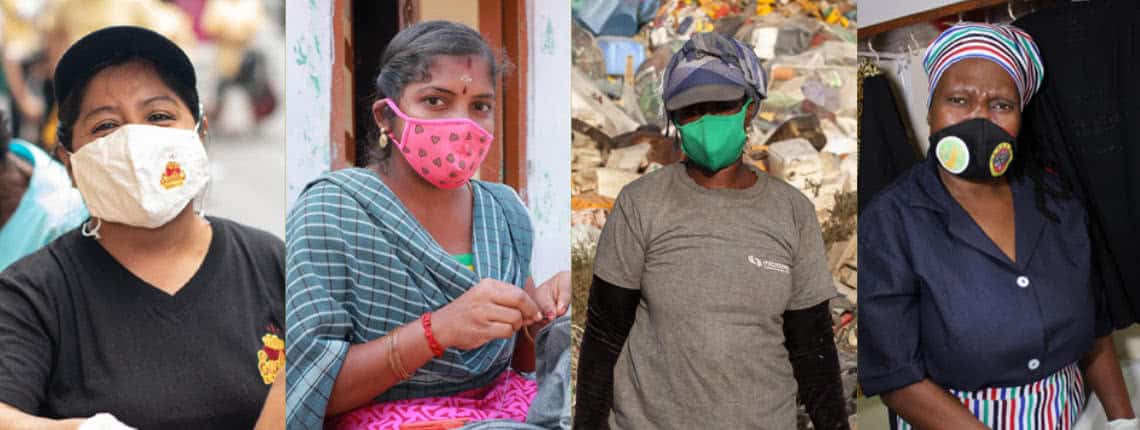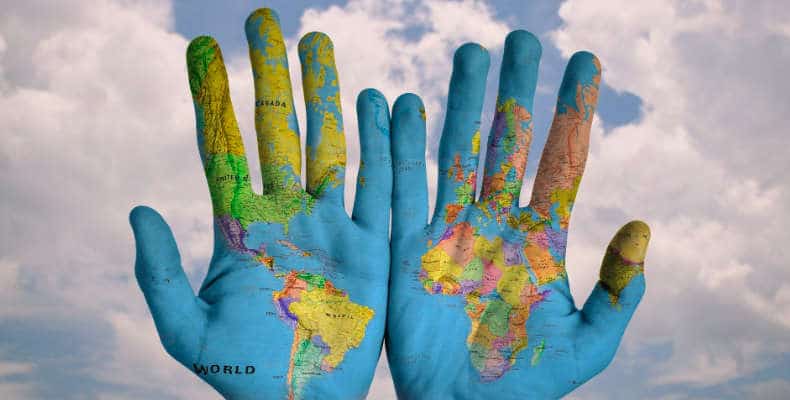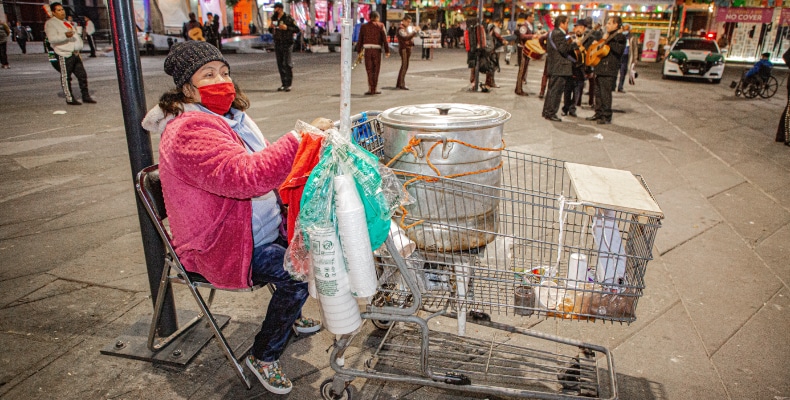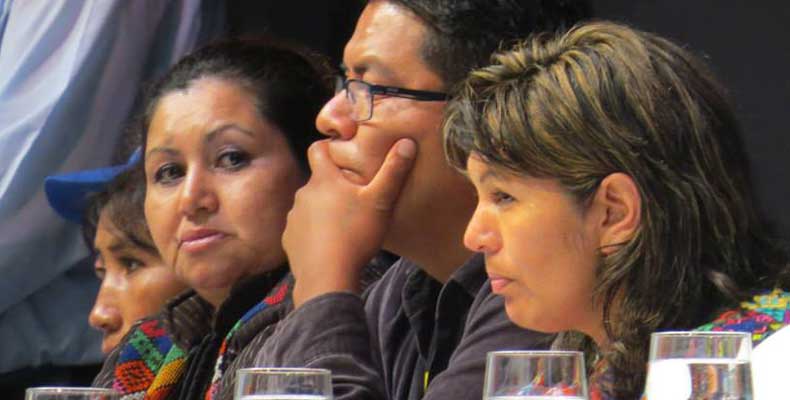WIEGO and our partners are listening long and hard to informal workers through our multi-city study: COVID-19 Crisis and the Informal Economy. Their voices are helping us unpack the hardship, injustice, and possibility for transformation within our economic system, laid bare by COVID-19.
The study was conducted in two rounds and captured changes across the different stages of the crisis during the second and third quarters of 2020, and how workers were adapting by the first quarter of 2021. It created a platform for the experience and voices of informal workers to rise to the top of the policy agenda, for those who create policy to see, hear, and feel what is going wrong at the base of the economic pyramid—and what we could start doing right. The study was funded by the International Development Research Centre (IDRC).
Cities featured in the study:
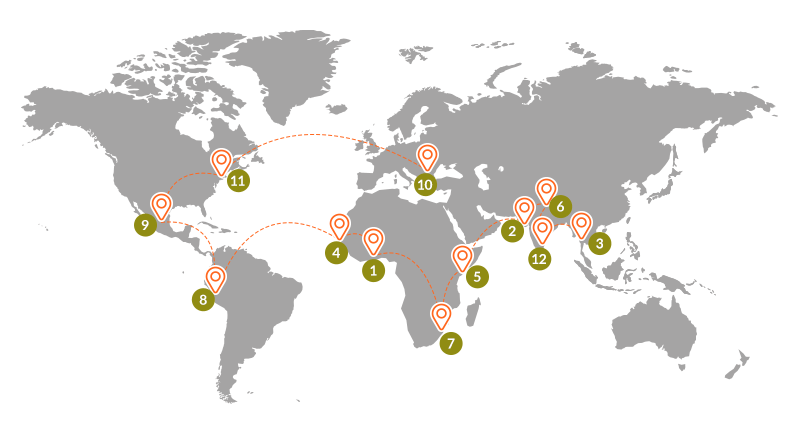
1- Accra (Ghana)
2- Ahmedabad (India)
3- Bangkok (Thailand)
4- Dakar (Senegal)
5- Dar es Salaam (Tanzania)*
6- Delhi (India)
7- Durban (South Africa)
8- Lima (Peru)
9- Mexico City (Mexico)
10- Pleven (Bulgaria)
11- New York City (USA)
12- Tiruppur (India)
* Data from Dar es Salaam is not included in the global results, however, city-level data from Dar is available in a City Fact Sheet.
Outputs for the COVID-19 Crisis and the Informal Economy Study include:
Demands of Informal Worker Organizations
The organizations of informal workers which took part in the study are calling for continuing relief, inclusive recovery and longer-term reforms for informal workers going forward. These demands, with concrete examples, have been categorized into a common framework. This “Summary of Demands” is intended to support these and other organizations of informal workers in their on-going struggles – their advocacy and negotiations – for a full and just recovery and for a “better deal” in the future for informal workers.
Media Requests:
General: media@wiego.org
Contact (English): Nicole Pryor, nicole.pryor@wiego.org or +64 27 239 2575 (NZT)
Contact (Spanish): Graciela Mora, graciela.mora@wiego.org or +506 8358 5592 (UTC/GMT -6 HOURS)
Partner and collaborating organizationsAsiye eTafuleni; Asociación La Parada; Bokk Diom; CETRAFOR - Central Única de Autoempleados de La Victoria, Rumbo a la Formalización; CONFIAR - Confederación de Instituciones de Ambulantes y Afines de la Región Lima y Callao; Conservation, Hotels, Domestic, Social Services and Consultancy Workers Union (CHODAWU); Delhi Roundtable of Waste Pickers (DRT); Federation of Informal Workers Thailand; FENAREP - Federación Nacional de Recicladores del Perú; FENVENDRELP - Federación Nacional de Vendedores de Diarios, Revistas y Loterías del Perú; Frente Nacional de Recicladores Ambientalistas del Perú; Greater Accra Markets Association (GAMA); HomeNet Thailand; Informal Hawkers and Vendors of Ghana (IHVAG); IPROFOTH - Instituto de Promoción y Formación de Trabajadoras del Hogar; Jan Pahal; Kayayei Youth Association; Kpone Landfill Waste Pickers Association; RENATTA - Red Nacional de Trabajadoras y Trabajadores Autoempleados; Self Employed Women’s Association (SEWA); SEWA Delhi; Sindicato Nacional de Trabajadores y Trabajadoras del Hogar (SINACTRAHO); SINTRAHOGARP - Sindicato de Trabajadoras del Hogar del Perú; SINTTRAHOL - Sindicato de Trabajadores y Trabajadoras del Hogar de Lima; Social Awareness and Voluntary Education (SAVE); Street Vendor Project; Sure We Can; The Bulgarian Trade Union of Self-Employed and Informal Workers (UNITY); Trabajadores Voluntarios y Desempleados de la Ciudad de México (TVDCM); Unión de Aseadores de Calzado de la Ciudad de México (UACCM). |
